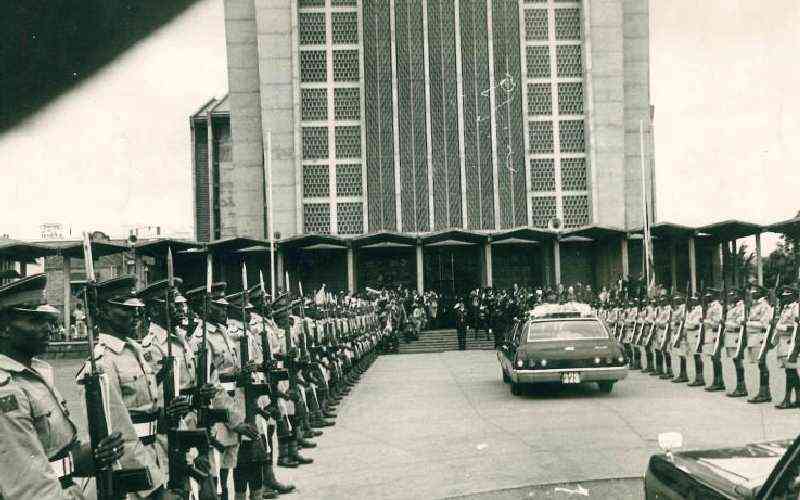×
The Standard e-Paper
Stay Informed, Even Offline

Tom Mboya funeral service at All Saints Catheral Nairobi July 1969. [File, Standard]
In well-organised societies, national heroes are feted and villains named, shamed and punished. If the situation was ideal, Kenyans would be holding their breath, waiting to know who will make the cut when the next bunch of freshly minted heroes will be announced on October 20.